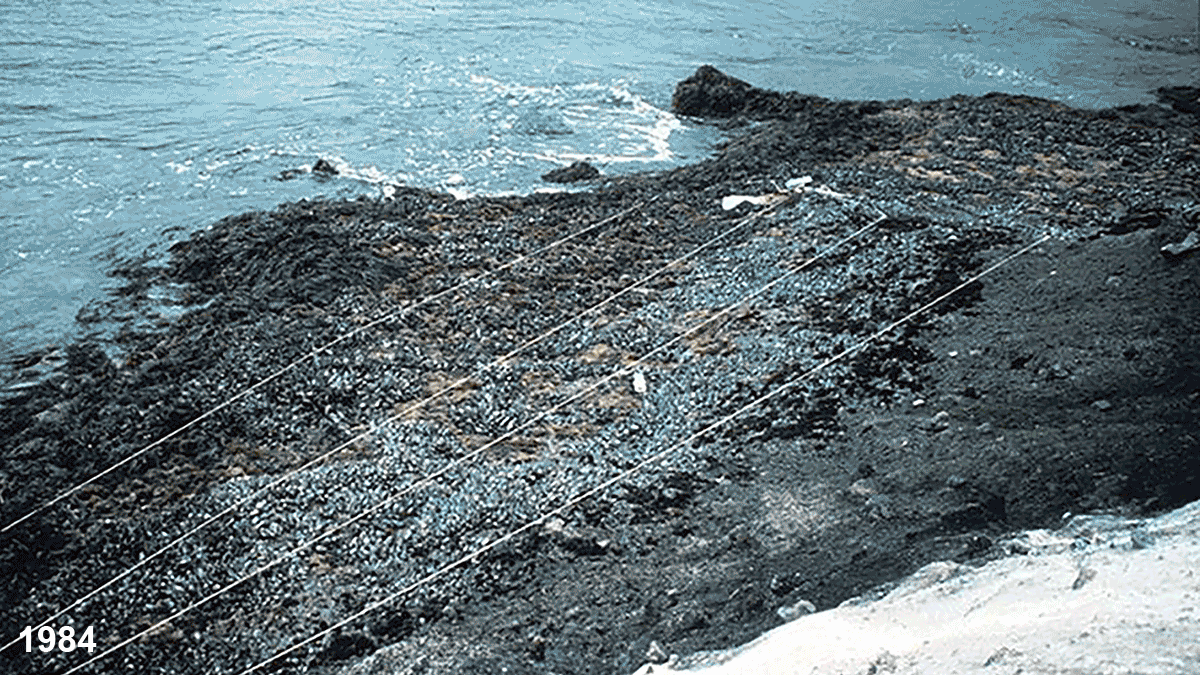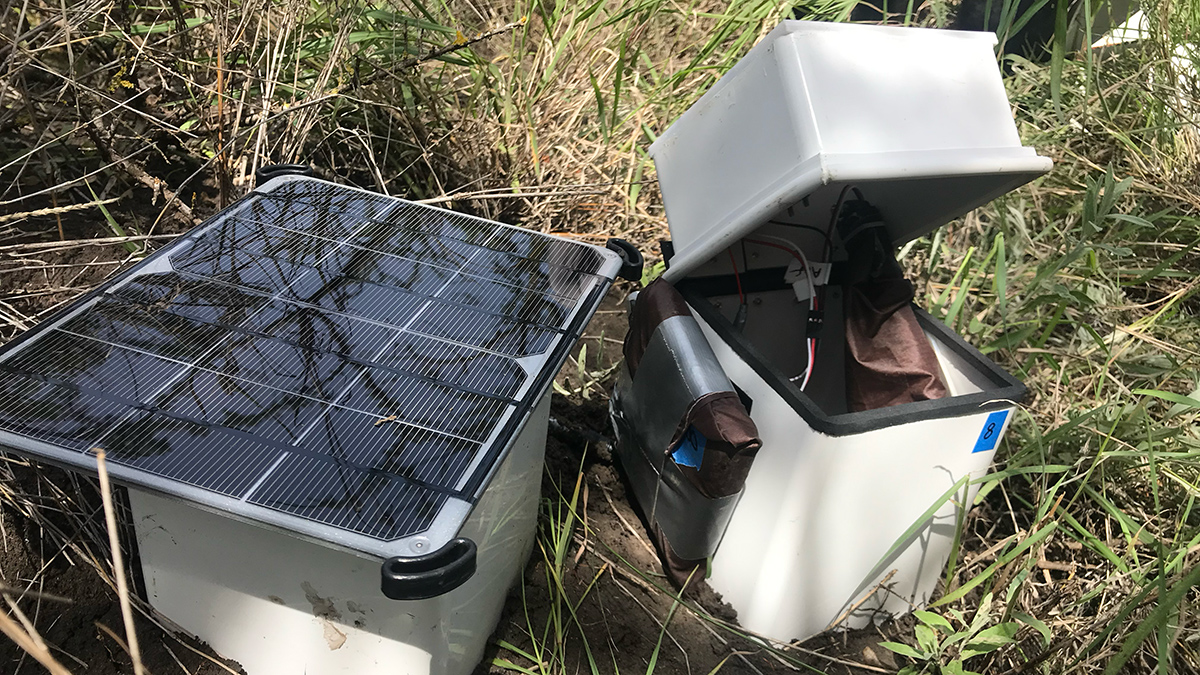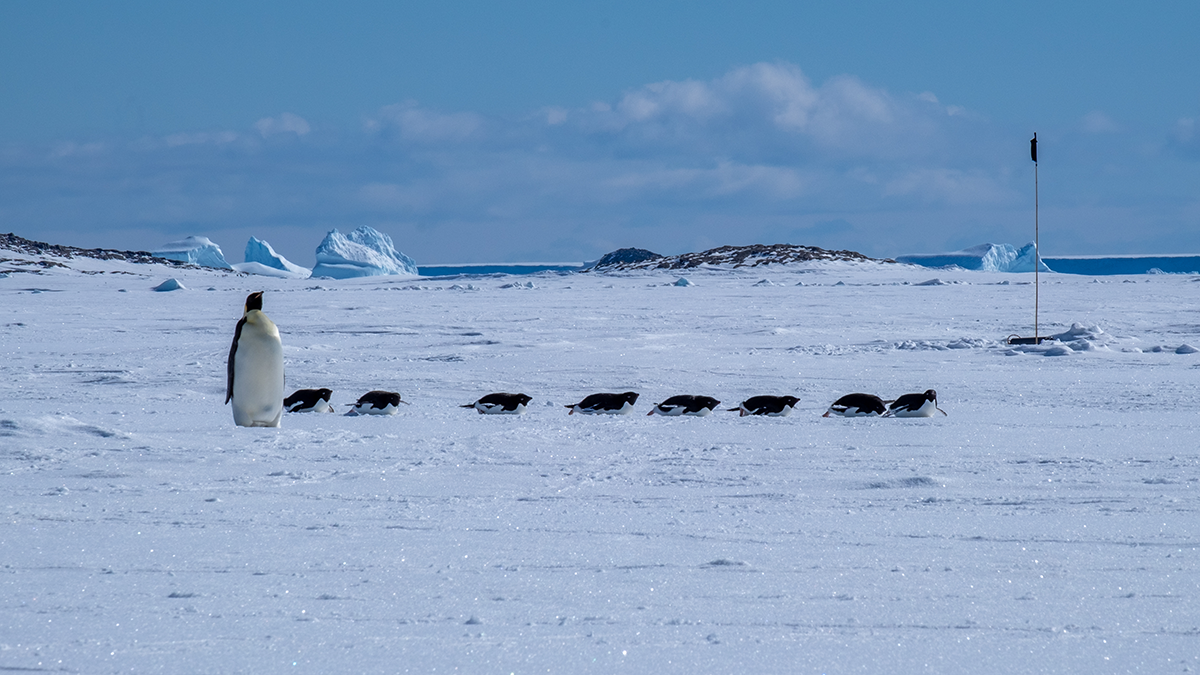Wind is the major driver of salinity changes within the narrow, glacier-fed cove.
ecology
When Forests on Land Burn, Forests Underwater Feel the Impact
Kelp is a habitat, a carbon sink, and a binding agent in your ice cream. But new research shows that California’s kelp forests are affected by the fate of their counterparts on land.
Ocean Warming Is Wiping Out Southern California’s Mussel Beds
Historic photographs reveal the dramatic retreat of mollusks as warmer waters take a toll on the health of the intertidal zone.
Affordable Robots Measure Soil Respiration
Measuring soil carbon flux, also known as soil respiration, can be expensive or time-consuming. A set of affordable robots that gather these data autonomously could especially benefit the Global South.
Diverse Forests Store More Carbon Than Monocultures
Adding even just one more tree species can increase forest productivity, a new meta-analysis shows.
Even Treated Sewage Harms Freshwater Ecosystems
In a controlled experiment, researchers diverted wastewater from an advanced treatment facility into a healthy stream and monitored the unfolding ecological effects.
How Llama Poop Is Helping an Andean Community Adapt to Melting Glaciers
Reintroducing these animals can enrich barren soils and potentially reduce water contamination, a study shows.
Passing Planetary Boundaries Requires Synergistic Solutions
Considering Earth’s interacting systems could pull the planet back into a stable operating space.
Arctic Ice Loss Could Shorten Winter Feeding Time for Zooplankton
The Arctic’s thinning sea ice allows more light to penetrate deeper into the ocean, holding zooplankton far beneath the surface.
Landfast Sea Ice: The Most Important Ice You’ve Never Heard Of
Landfast sea ice, sea ice that is held stationary against the Antarctic continent, links firmly with many key climate processes, but its importance is only being fully realized as its extent dwindles.










